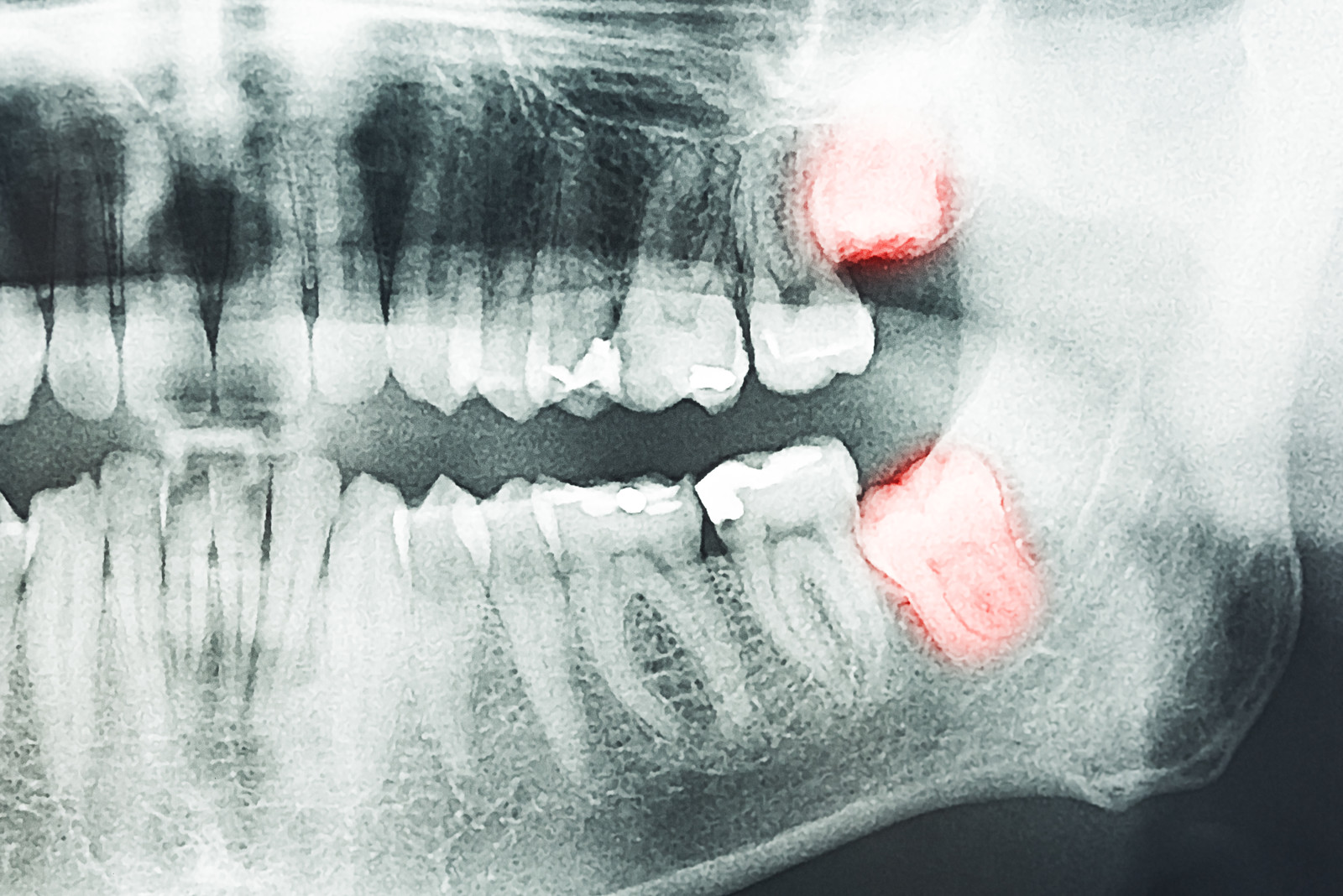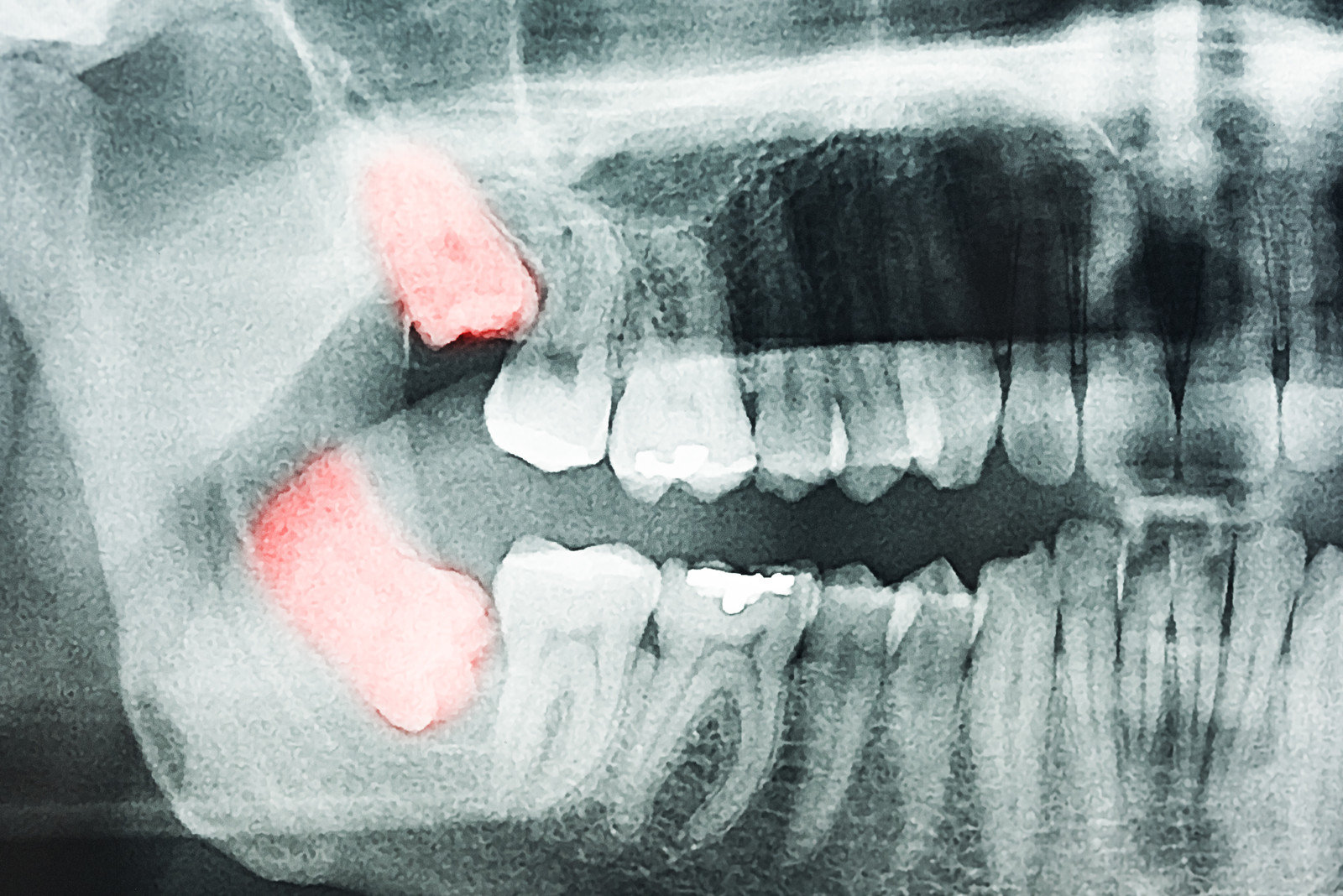About 10 million people have their wisdom teeth removed each year.
There are many different reasons to go through a wisdom teeth removal, including pain and infection, damage to other teeth, or signs of decay. They may also be too big to fit into a person’s mouth, which is another reason to remove wisdom teeth.
If you haven’t had your wisdom teeth removed yet, here are nine signs you need your wisdom teeth removed as soon as possible!
1. Pain Toward the Back of Your Mouth
If you are experiencing pain in the back of your mouth or near that area, this may be due to your wisdom teeth. This could be the teeth trying to come through or coming through in general.
The pain may be consistent or sporadic, but it is uncomfortable. If you are experiencing this pain, removing wisdom teeth may be the best option for you.
2. Tender or Swollen Gums
When your wisdom teeth start to grow into your mouth, it can create a flappy part of your gums around the tooth. While that within itself can be slightly painful, it can become more tender as food and tiny particles get lodged in between the flap of gum since it is likely to swell up and cause tenderness.
At this point, it may be smart to have your wisdom teeth removed.
3. Constant Headaches
While experiencing headaches can come from many different factors, it can also be one of the signs that you need your wisdom teeth removed.
A headache that originates from your wisdom teeth will most likely start in your mouth near your jaw. The jaw pain can radiate to cause earaches and headaches.
4. Jaw Pain or Stiffness
If you let your wisdom teeth grow in, they may cause your entire mouth’s bite to change. If this happens, your jaw will be out of line and begin to cause pain.
Ultimately, your jaw will remain relatively stiff which can make it difficult to chew properly by opening and closing your mouth fully.
If jaw pain persists, it’s important to have it checked out since jaw issues and misalignment can cause a myriad of issues.
5. Sinus Issues
Much like getting headaches, sinus issues may arise because of many different factors like allergies and getting a cold. However, your wisdom teeth can also cause sinus issues.
The roots that your upper wisdom teeth can grow into your jaw may cause excessive pressure. This pressure can cause sinus pressure and feelings of congestion that don’t go away.
6. Crooked Teeth
If you had straight teeth that suddenly become crooked when your wisdom teeth grow in, you may want to get them removed.
Wisdom teeth will grow whenever they are ready, so it doesn’t matter if your mouth has room for them or not. When this happens, they will push the teeth that are in the way over to make room for themselves.
If that’s the case, your mouth will be overcrowded. The only solution to this is a wisdom teeth removal of some or all of them.
However, there is a way to prevent the wisdom teeth from growing in and causing crooked teeth. Having X-rays done at an earlier age can predict whether there will be enough room in your mouth if the wisdom teeth grow. If there isn’t, this is one of the signs you need your wisdom teeth removed before they pop through your gums and cause more issues.
7. Difficulty Eating
If you notice that you are having a difficult time eating, this could be due to your wisdom teeth. If your wisdom teeth come in and trap food particles in the back of your mouth, it can cause infections and pain.
This can lead to having a hard time chewing and eating without pain. The only fix for this is to remove the wisdom teeth to be able to eat without pain.
8. Repeated Tooth Infections
It can be difficult to clean the back of your mouth properly (or any part of your mouth for that matter) if it is painful.
When your wisdom teeth grow through your gums, it can become painful. When this occurs, you are less likely to brush thoroughly back there, which can lead to cavities and tooth infections.
If this becomes more common in your mouth, it may be time to have your wisdom teeth removed.
9. Cyst Growth
Another tell-tale sign that it is time to get your wisdom teeth removed is if cysts begin to grow near your wisdom teeth.
These cysts are not only painful, but can cause more damage to your jaw, your teeth, and your nerves if they are not treated right away.
If you notice a small growth and pain in your mouth, you need to have it checked out immediately by a trained professional.
These Are Signs You Need Your Wisdom Teeth Removed
If you experience any type of pain in your jaw or at the back of your mouth, you will want to get it checked out by professionals. These painful experiences may be signs you need your wisdom teeth removed.
You should also keep track of where your wisdom teeth are under your gums with your dentist before they come through to be sure they don’t need to be removed before they pop through.
Ready to have your wisdom teeth out? Register with us today so we can get started with your treatment plan, and then you can say goodbye to the pain in your mouth!




